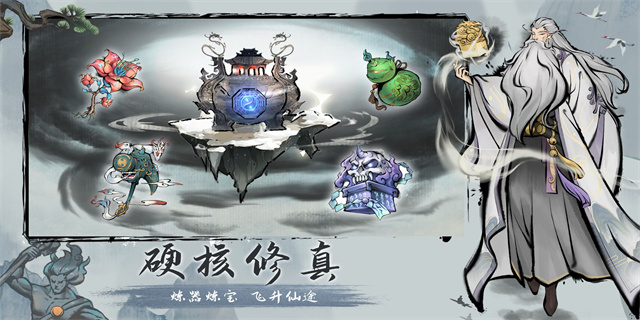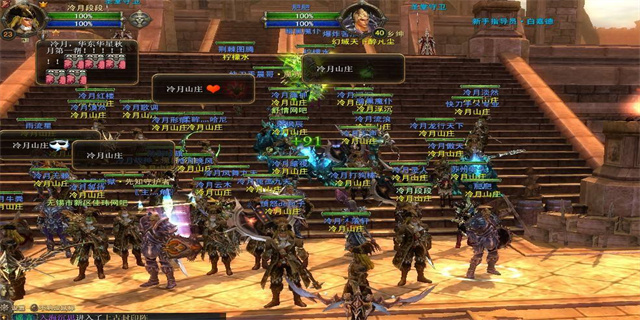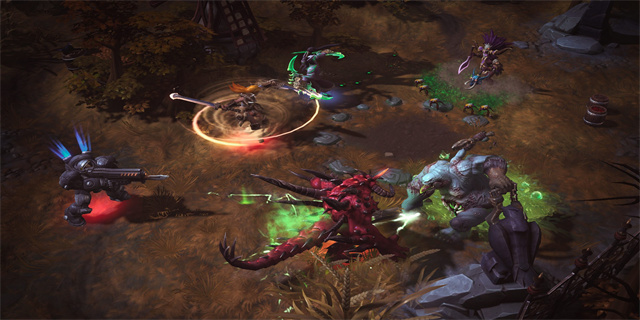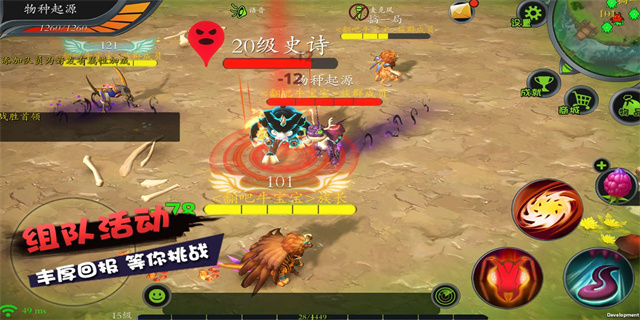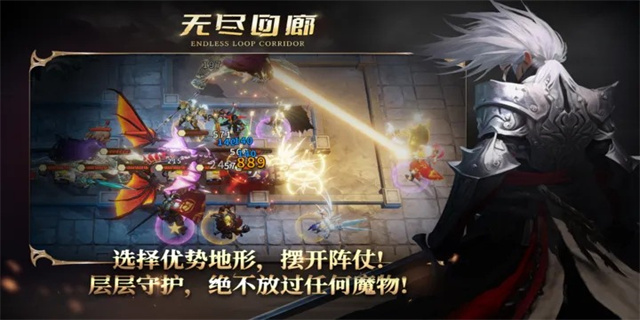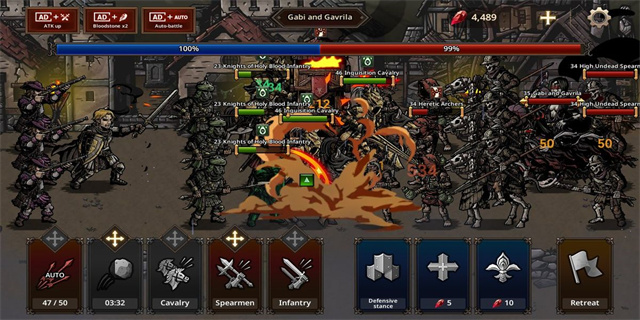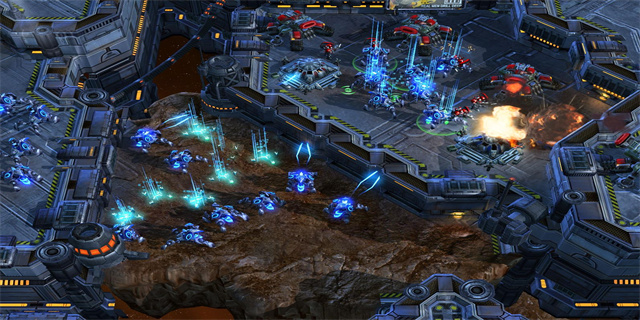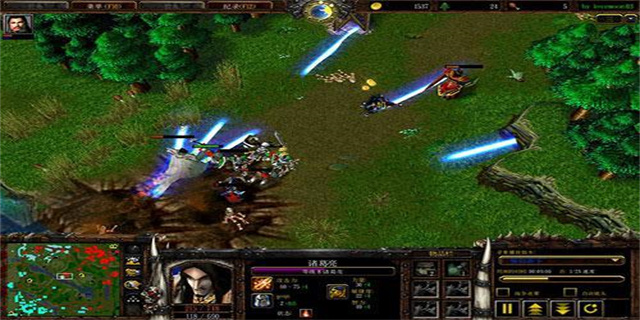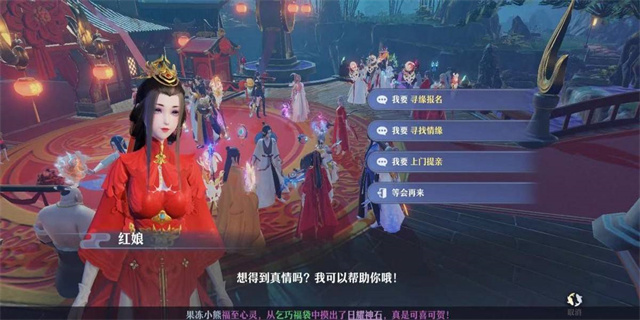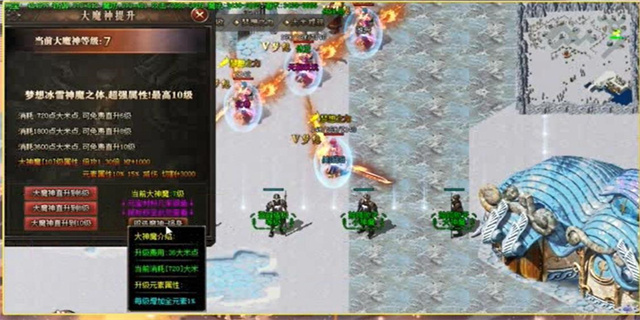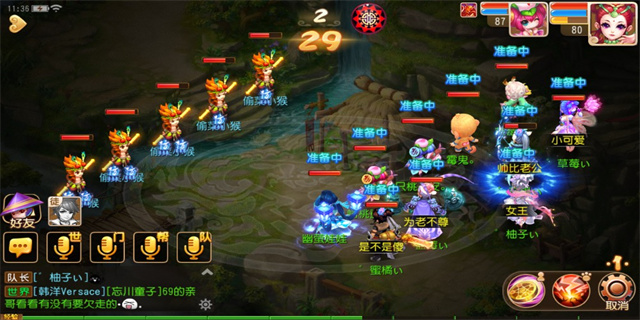The Evolution of Love
The Ancient Form of Love
In ancient times, love was perceived in a vastly different manner than it is today. It was often seen as a duty rather than a choice, with marriages being arranged based on societal and economic factors rather than personal preference. Romantic love, as we understand it now, was not prioritized or considered a significant factor in relationships. The focus was more on familial love and the duty to carry on one's lineage. Love was a means of procreation and continuation of the family name.
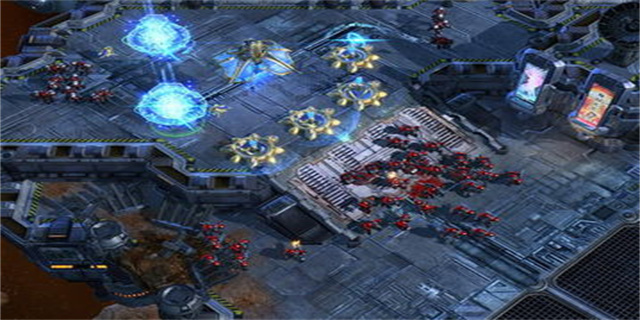
The Renaissance of Romantic Love
It was during the Renaissance period that the concept of romantic love started to emerge. Love poetry and literature took center stage, expressing the innermost desires and emotions of individuals. Courtly love, a nobleman's romantic fascination with a lady, became a popular theme in literature, art, and music. This marked the beginning of a shift from practical, arranged marriages to a heightened focus on personal connection and emotional bonds. Individuals began to desire relationships based on love, passion, and shared values rather than just social status.

The Modern Love Landscape
In today's modern society, love has evolved even further. The notion of love encompasses a spectrum of possibilities, including romantic love, platonic love, self-love, and more. A greater emphasis is placed on individual choice, personal happiness, and compatibility. Relationships are built on mutual respect, communication, and a deep emotional connection. People are more inclined to seek partners who fulfill their emotional and intellectual needs, thus paving the way for equal and fulfilling partnerships.
Technological advancements have also revolutionized the way we experience and express love. Online dating platforms have opened up a world of possibilities, allowing individuals to connect with potential partners from different backgrounds and locations. Social media has provided a way for people to share their love stories with the world, celebrating their relationships and creating a sense of community. However, it has also introduced new challenges, such as the pressure to present an idealized version of love and increased opportunities for infidelity.
The Future of Love
As we look towards the future, it is likely that love will continue to evolve and adapt to the changing dynamics of society. The acceptance and understanding of different forms of love will become more prevalent, including same-sex relationships, non-monogamy, and unconventional partnerships. With advancements in technology, we may see the emergence of virtual reality relationships and new ways of forming connections.
However, it is important to remember that love, at its core, remains a deeply human experience. While the external factors and societal norms may change, the fundamental need for connection, companionship, and emotional support will continue to drive the pursuit of love. As long as humans exist, love will be an essential part of our lives, ever-changing and evolving but ultimately enduring.



